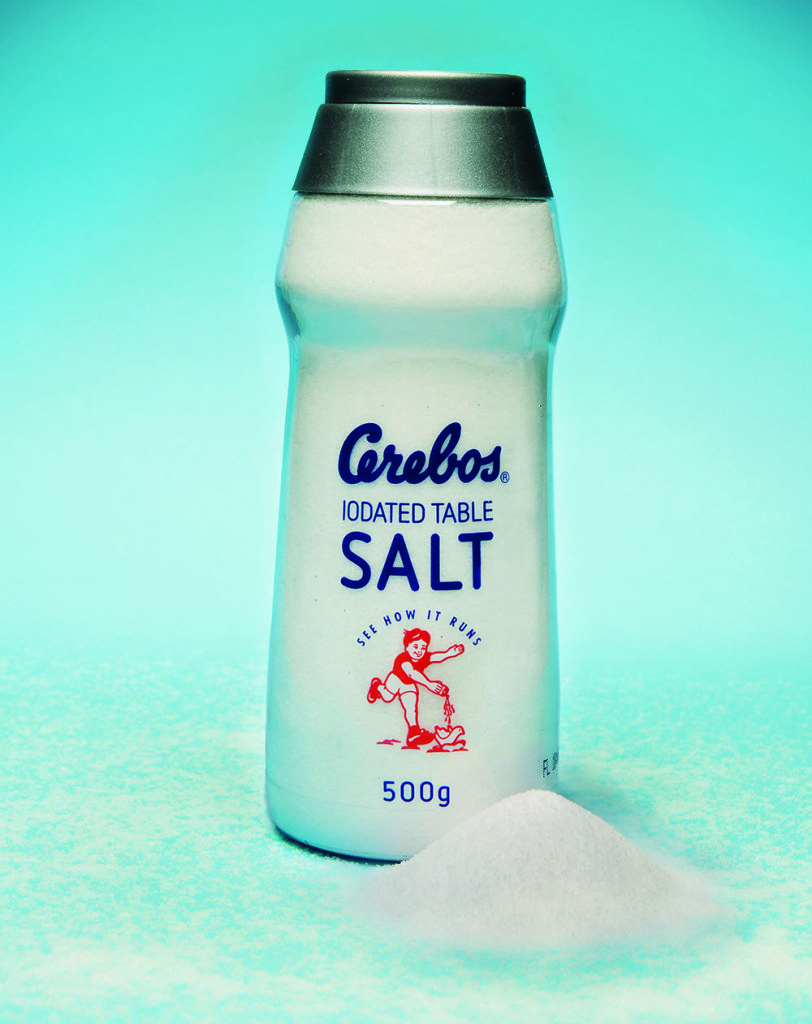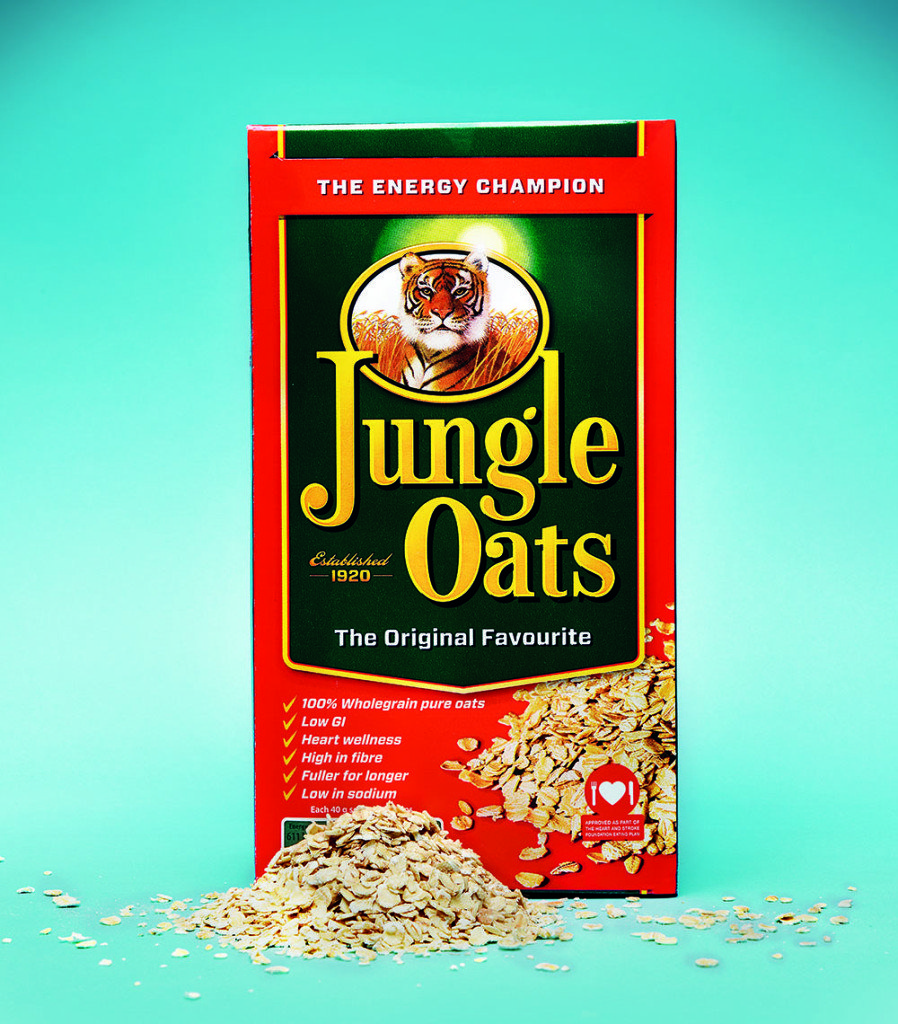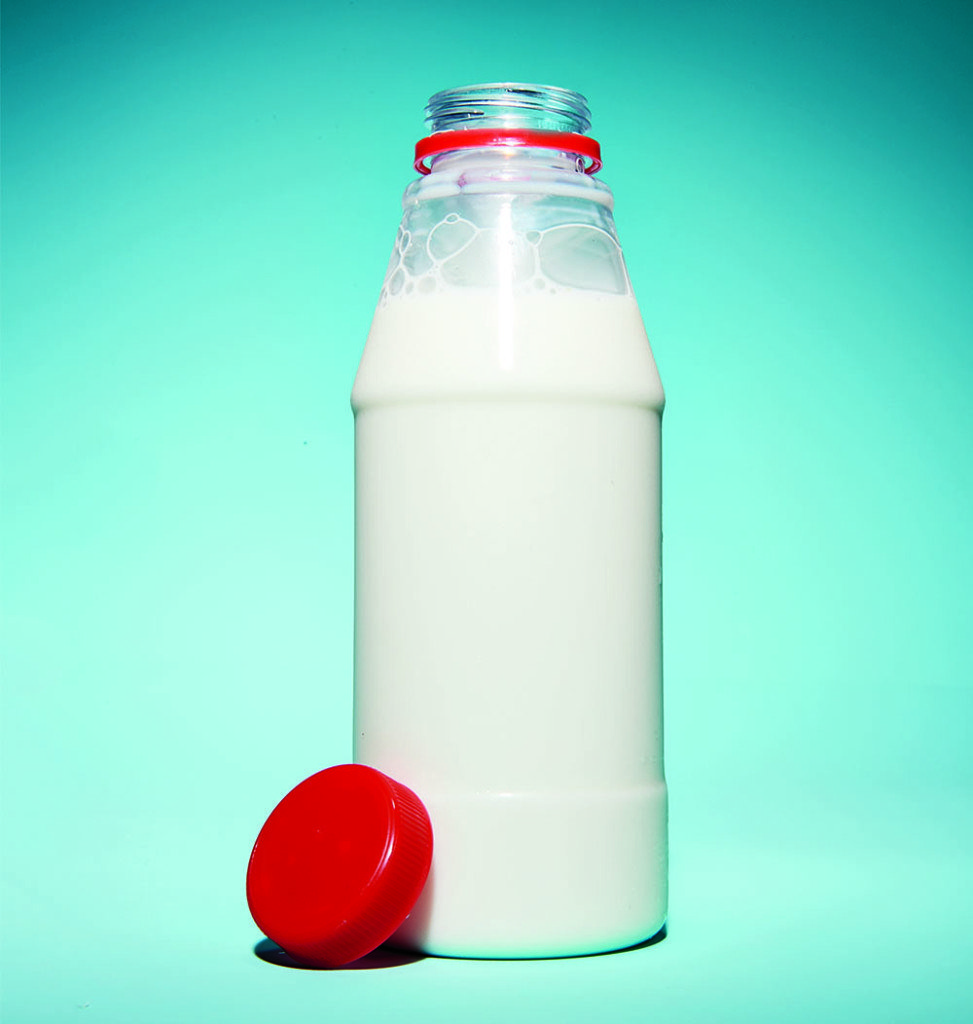15 Tips For Avoiding Runner’s Trots!
It’s no secret that fuelling can make or break a race. But it’s not just what you eat during a run that matters.
Forty-one per cent of runners have had stomach problems ruin a long run or race, according to a recent poll of Runner’s World Twitter followers.
But, experts say, most issues are preventable – if you follow these guidelines.
THE DAY BEFORE
Do carb-load throughout the day.
Eat a higher-than-normal proportion of bread, pasta, rice, or other carbs (and less protein, fat, and vegetables) at every meal – not just dinner. “You might not be as hungry as usual during the taper,” says 11-time marathoner and dietician Kelly Hogan, of Mount Sinai Hospital in New York City. “Eating smaller meals every couple of hours can help you get enough carbs without stuffing yourself.” In his book Meb for Mortals (R316, exclusivebooks.co.za), Meb Keflezighi said he keeps two or three sandwiches on his bedside table to eat throughout the night.

Do add salt.
You’re going to sweat a lot during your run. When it’s warm and you’re out for more than an hour, you’ll lose a lot of sodium. To boost levels beforehand, sprinkle salt on pre-race meals, says Hogan, and opt for salty snacks and side dishes such as pickles or sauerkraut.
RELATED: 8 Things Your Sweat Is Trying to Tell You
Don’t forget to drink.
It’s essential to start your run properly hydrated. “If you’re already running on empty, you can’t make that up during the race,” says personal trainer and dietician Kelli Shallal. Divide your body weight by 30 and drink at least that many litres per day in the week leading up to your race. Set timers during the day to stay on track.
RELATED: 5 Hydration Mistakes You Are Probably Making
Don’t order a beer (sorry!).
Yes, alcohol is a carb. “But it doesn’t work the same way food carbs do to fuel the glycogen stores for long-lasting energy,” says Shallal. Even one drink can tax the GI system and disrupt REM sleep (the most restorative type of sleep), she adds. “Your body may still feel the effects the next morning, even if your brain doesn’t.”

Don’t eat anything greasy or creamy.
Fatty foods can upset your stomach, keep you awake at night, and cause GI problems on race morning, says personal trainer and dietician Melissa Majumdar. “Make a reservation where you know you can get a safe, standard meal,” she says. “By now you should know what works best the night before a long run, and you want to replicate that as closely as possible.”
RELATED: 6 Foods That Can Give You Runner’s Trots
NO-STRESS DO’S
A stay-sane, stay-loose plan for the day before, the morning of, and the hours after a race.
Run – if you feel like it.
Some runners feel they race better after a short, gentle shake-out run. It can help burn off some nerves and loosen up the legs, which is especially important if you’ve travelled a long distance. Others take the day off. It’s all about personal preference. At minimum, a 20- to 30-minute walk (even just around the expo) is a good idea.
Collect your race number – if you can.
If your event offers day-before race-pack pick-up – and you’re near enough – do it. Who needs the stress on race morning? Plus, if you happen to notice an error in your registration, such as incorrect age or sex, you have time to correct it.
RELATED: Avoid 9 Common Race-Day Mistakes
Get ready – then chill out.
Lay out everything you’ll need the evening before race day (clothing, shoes, bib and pins, etc). For long races, pack your gear bag with anything you’ll want after you finish (dry clothes, comfy shoes), plus essentials such as extra toilet paper, anti-chafing balm, and post-race snacks. Check your times and directions. Then stop thinking about the race. Read, listen to music, and avoid bright lights
and screens. – Jeff Galloway
THE MORNING OF
Do eat a real meal.
Have both protein and carbs, like an egg or peanut butter with toast, three to four hours before go-time. “It will help keep your blood sugar steady throughout the morning and keep you from feeling hungry or sluggish right before the race,” says Majumdar.

Do have your normal dose of caffeine.
Research finds that athletes who consume pre-race caffeine perform better than those who don’t, but having more than usual on race morning can cause jitters and/or GI distress.
RELATED: 4 Reasons You Should Eat Protein At Breakfast
Do choose carbs wisely.
Slow-releasing carbs will sustain your energy levels longer than simple sugars, but most (such as whole grains) are high in fibre – a definite race-morning don’t. One exception? Quick-cooking oats, which is faster digesting. Just try it in training first, says Shallal. Some sports drinks incorporate slow-releasing carbohydrates – do your homework, she suggests, then drink a serving 30 minutes before a big run.
Don’t overdo it on liquid kilojoules.
It’s fine to sip a sports drink before your run, but factor those carbs into your fuelling plan. “If you eat a real breakfast, you don’t need half a litre of Energade, especially if you’re running less than a marathon,” says Majumdar. “It’s easy to consume way more kilojoules than you need before the race even starts.”

Don’t start with a sloshy stomach.
Drink 500-600ml of water three to four hours before the start, says Majumdar. Hit the portaloo so you don’t start with a full bladder. Half an hour before the gun, have 150-300ml of water or sports drink.
Don’t try anything new.
Just because you’re away from home or you scored free gel samples at the expo, don’t try anything you haven’t used for other long runs. “This rule holds true for everyone,” says Hogan
RELATED: Should You Grab a Gel, Energy Bar, or Sports Drink?
NO-STRESS DO’S
Rise and shine.
Get up at least three hours before the start so you have time to eat, drink, and use the bathroom. Aim to be at the starting area at least an hour in advance – earlier if it’s a large race – to get your bearings and use the bathroom again.
Get in line.
Once at the race, line up for a portaloo, even if you don’t need to go. Nature may call by the time you get to the front. Head into the starting pen 15 minutes before go-time – you may be required to line up sooner at a large event. – JG
AFTER THE RACE
Do prioritise carbs.
Grab fruit or other simple carbs immediately after finishing to restock glycogen stores, suggests Majumdar. Then have a protein-rich snack within two hours for muscle repair.
Do rehydrate.
Running long can strain the kidneys, but rehydrating afterwards can reduce injury risk. “Your urine should be lemonade-coloured the rest of the day,” says Majumdar. Milk can help. A 2014 study in Applied Physiology, Nutrition, and Metabolism found that both cow’s nilk and soya milk helped rehydrate athletes better than plain H2O.

Don’t indulge right away.
High-fat foods – like a long-awaited victory burger – will slow down digestion of post-race carbs, impeding your body’s recovery process. That doesn’t mean you can’t (or shouldn’t!) treat yourself, “but wait a few hours before having something really indulgent,” says Majumdar. “Right after the race, you want to aim for 4:1 carbs-to-protein. There’s no fat in that ratio.”

Don’t put off your post-race snack.
You might not feel like eating much right after your race, or you might get distracted in the finish-line hustle and bustle, but waiting too long to refuel can make you feel worse the rest of the day, says Hogan. Recent studies have shown that strenuous exercise can temporarily weaken the immune system and affect bone health, but refuelling with carbs immediately can reduce those effects.
RELATED: 6 Mouth-Watering Post-Run Burgers
NO-STRESS DO’S
Keep walking.
As much as you might want to sit or lie down post-race, you’ll be less stiff and sore – on race day and in the days to come – if you stay mobile. Walk through the finishing chute to collect your medal, snacks, and gear bag, then keep moving as you take in snacks and fluids.
RELATED: 9 Tried-and-True Approaches To Recovery
Continue your recovery.
Once at home, soaking in a cool bath for about 15 minutes may reduce your soreness. Submerge just your legs, and wear a warm layer on top for added comfort. The more you move around, the better you’ll feel long-term, so try to get out for another short walk or two before hitting the sack. – JG
READ MORE ON: health runner's trots running fuel

